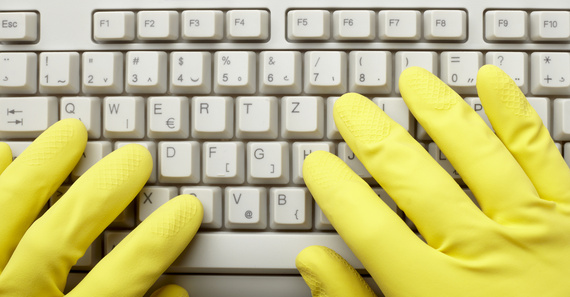Practice good cyber hygiene with devices:
PC, laptop, smartphone, tablet, etc., any digital memory device be it an external hard drive, USB stick, smart-card memory chip, or compact disc, disable the auto-run feature for your device. Why? With auto-run enabled, any executable file (readmalware/virus program) will automatically begin running, and your device will become infected. What you want to do is have your antivirus software program inspect the external data source before you allow it to run an executable file so as to detect and neutralize any virus.
You might be thinking, well I only use new digital memory devices — which is what IBM thought in 2010 when they handed out USB sticks to delegates attending the Australia CERT (Computer Emergency Response Team) security conference which contained malware. (Read the letter IBM sent to the delegates of the AusCERTwhere they used devices which came infected from the manufacturer.)
How often do you receive a CD or a USB from friends or family with something of interest? If you simply drop the CD into the drive or stick the USB stick into the slot and run, you are entrusting the security of the device to the security protocols used by that friend or family member.
Like the pureness of Ivory Soap, 99.44 percent of the time there is nothing there, but why take the chance?
This article by Christopher Burgess is crossposted from Senior Online Safety with permission.
Sumber : http://www.huffingtonpost.com/christopher-burgess/


